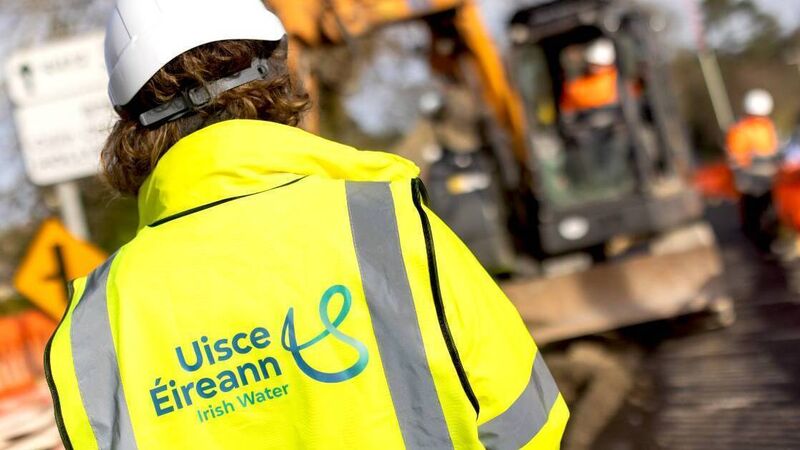Uisce Éireann to take over wastewater facilities from developers in minister's plan

James Browne has pushed forward in making Uisce Éireann facilitate the development of wastewater infrastructure by the private sector.
Uisce Éireann is to be told to ”get things moving” by housing minister James Browne this week.
Mr Browne has pushed forward in making the entity formerly known as Irish Water facilitate the development of wastewater infrastructure by the private sector. This is seen as a major blockage to activating smaller pockets of land suitable for housing in rural towns and villages.














